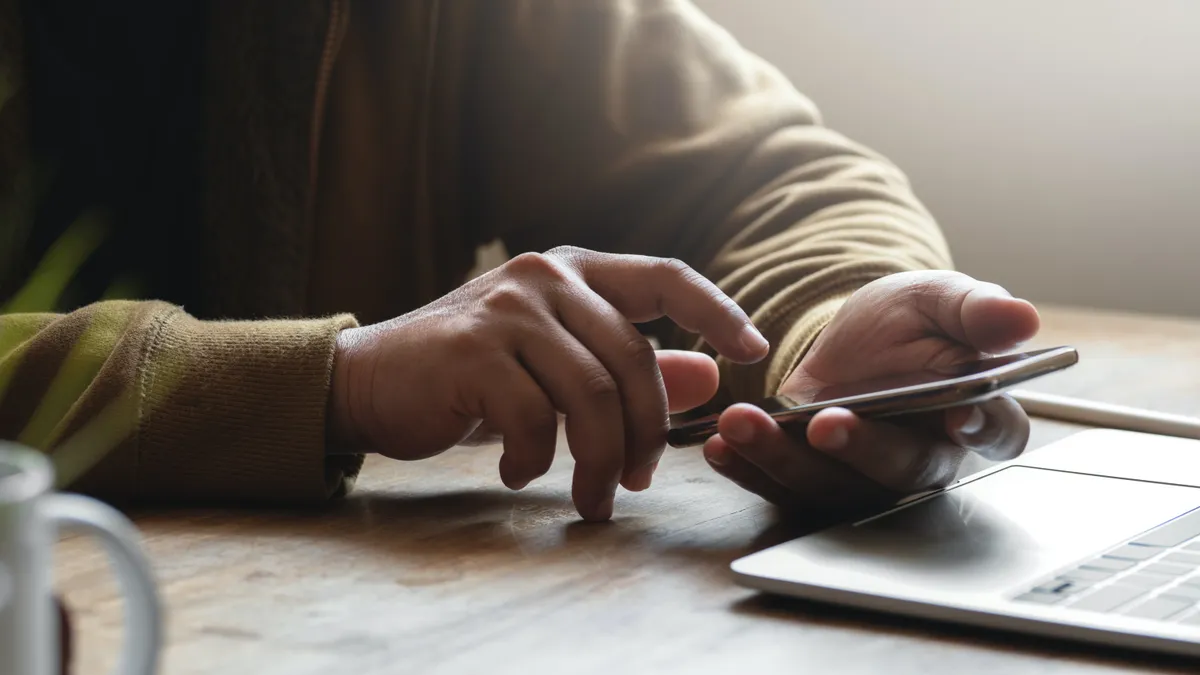Dive Brief:
- Requiring students to keep their video cameras on during virtual classes may create privacy issues, according to online learning considerations from the Future of Privacy Forum and the National Education Association.
- Cameras that peer into a student’s home life can blur the boundary between their school environment and personal world, which have merged during the pandemic. That window may also reveal details about a student’s life they may not want seen.
- Educators should take into account privacy and equity issues when employing video in virtual learning settings. They also should teach students about privacy and safe online practices, including the role they play in protecting their own privacy.
Dive Insight:
COVID-19 has opened windows into students' homes, as many are spending a majority of their time in front of cameras in virtual classroom settings.
Not every student, though, may be comfortable having classmates or teachers gain a window into their home life. Some may prefer to attend virtual classes with cameras off, feeling shy about what is, or isn’t, in the background behind them. That concern is one that Principal Henry Turner of Newton North High School in Newton, Massachusetts, kept in mind as distance learning rolled out to his students in 2020.
As a result, he worked with educators to ensure his students did not feel shamed as the shift to virtual classes occurred, but instead felt supported and engaged.
One way educators can continue to engage students who prefer to work with their cameras off is by loosening video requirements in remote classes, giving students a choice. They can still connect by keeping their audio on, and then connecting and commenting live through open and private chats, both of which are available on nearly every video conferencing tool.
Students can also be encouraged to embed photos or their voices into assignments, giving them more control over what is shared with teachers and peers. And educators can reach out periodically individually to students, who may feel more comfortable sharing a window into their lives with their teacher rather than the entire class.
Remaining sensitive to students and their home life can help educators keep their students not only engaged, but also feeling connected to their peers — even while keeping the cameras turned off.










